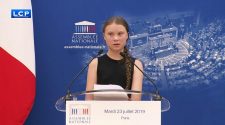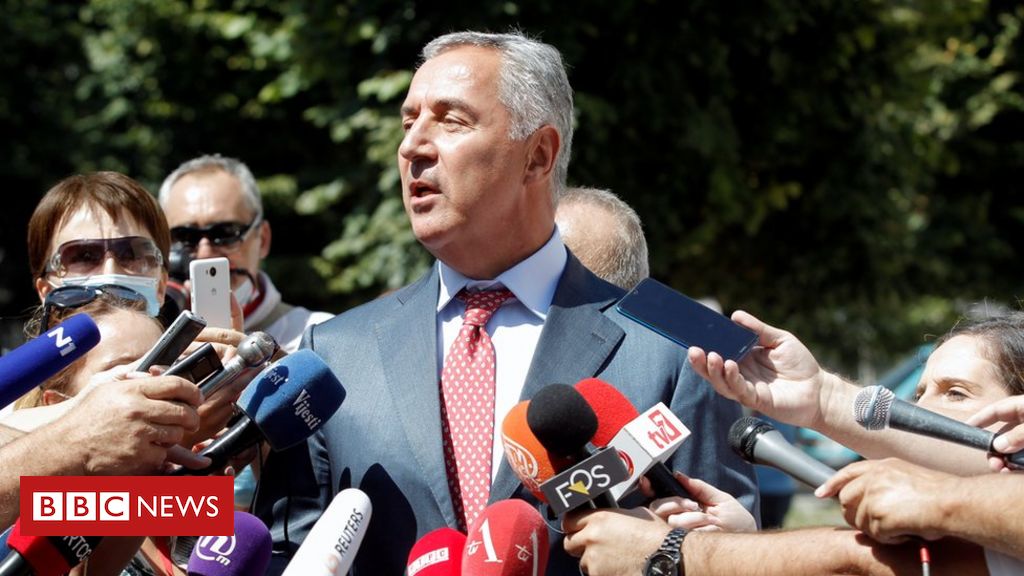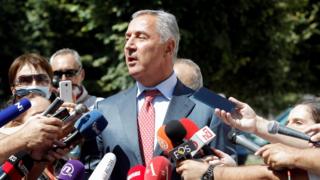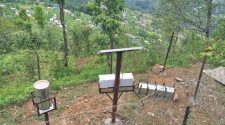Image copyright
Reuters
Milo Djukanovic’s Democratic Party of Socialists has ruled Montenegro for 30 years
Montenegrins are voting in a parliamentary election that is pitting the country’s long-ruling pro-Western party against an opposition seeking closer ties with Serbia and Russia.
The Democratic Party of Socialists (DPS) has been in power for 30 years.
But pre-election polls have predicted a tight contest in which the DPS may not win enough seats to govern alone.
The campaign has been dominated by divisions over the powerful Serbian Orthodox Church.
There have been months of protests since a law was adopted in December allowing the state to seize religious assets when their historical ownership cannot be proven.
The Serbian Orthodox Church has urged people to vote against the DPS.
- Montenegro: What you need to know
A total of 81 MPs will be elected in the vote, which is set to close at 20:00 (18:00 GMT). The first results are expected two hours later.
What’s the background?
Montenegro remained allied in a union with Serbia until 2006 – long after the former Yugoslavia dissolved into independent states.
President Milo Djukanovic, 58, has been in charge there since 1990.
In more recent years, he was instrumental in securing Montenegro’s accession to Nato in June 2017 and has been leading ongoing efforts to gain membership to the European Union.
The opposition is made up of an alliance of parties, called For the future of Montenegro. They have backed the Church-led protests against the religion law, and want closer ties with Russia and Serbia.
Image copyright
Reuters
Metropolitan Amfilohije, the Serbian Orthodox Church’s top cleric in Montenegro, has called on people to vote against the ruling party
Montenegrins who identify as ethnic Serbs account for about a third of the country’s 630,000 population, according to the latest census data.
And as the majority of Montenegrins are members of the Church, its influence is considerable.
The opposition has accused Mr Djukanovic and his party of having links to organised crime and running the country as an autocracy.
Mr Djukanovic has denied this and says the opposition, with the backing of Russia and Serbia, is seeking to undermine the country’s independence.
During the previous parliamentary vote in 2016, authorities said they thwarted a planned coup orchestrated by Russian agents and a group of Serb nationalists.
A court in Montenegro last year handed five-year jail terms to two pro-Russian opposition politicians it found to be involved in the plot.
Russia called the inquiry absurd and Montenegro’s opposition called it a “false-flag” operation – a fake act aimed at incriminating an opponent – to keep Mr Djukanovic in power.















